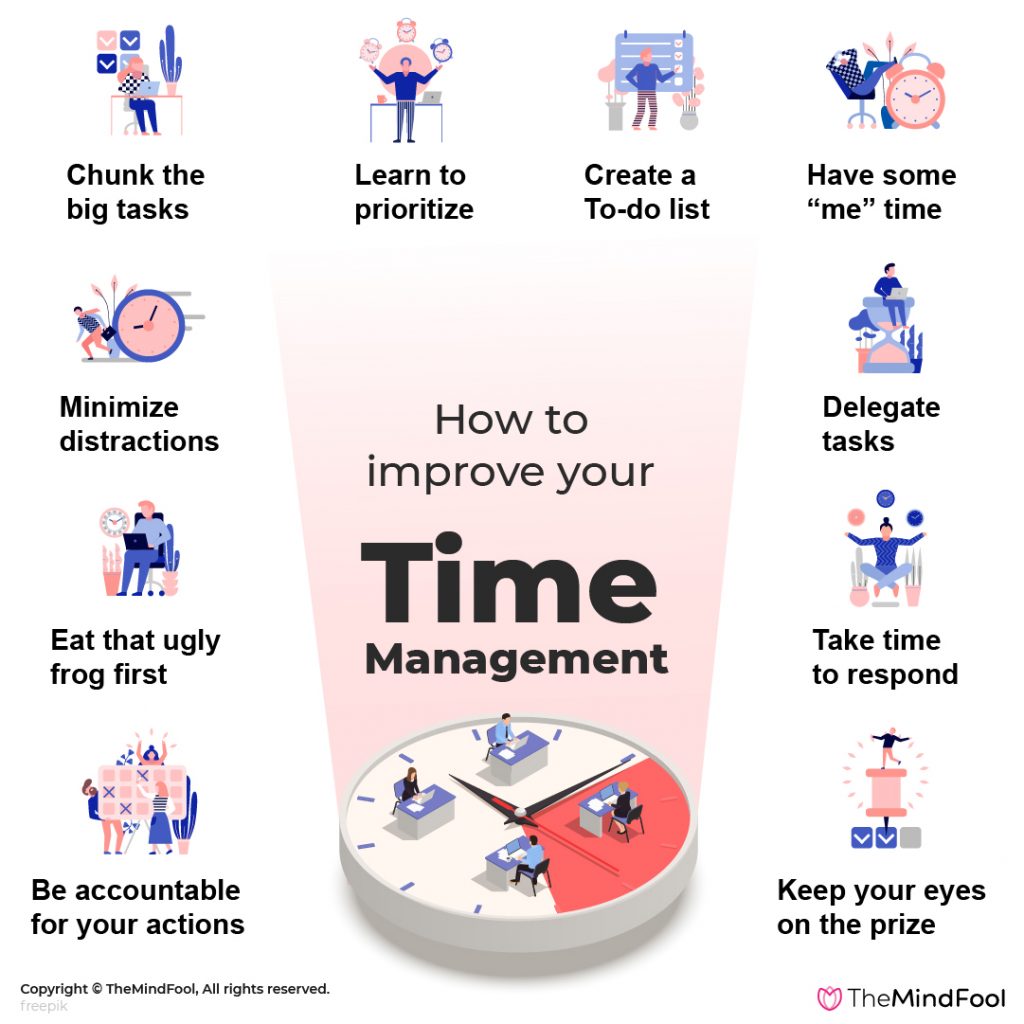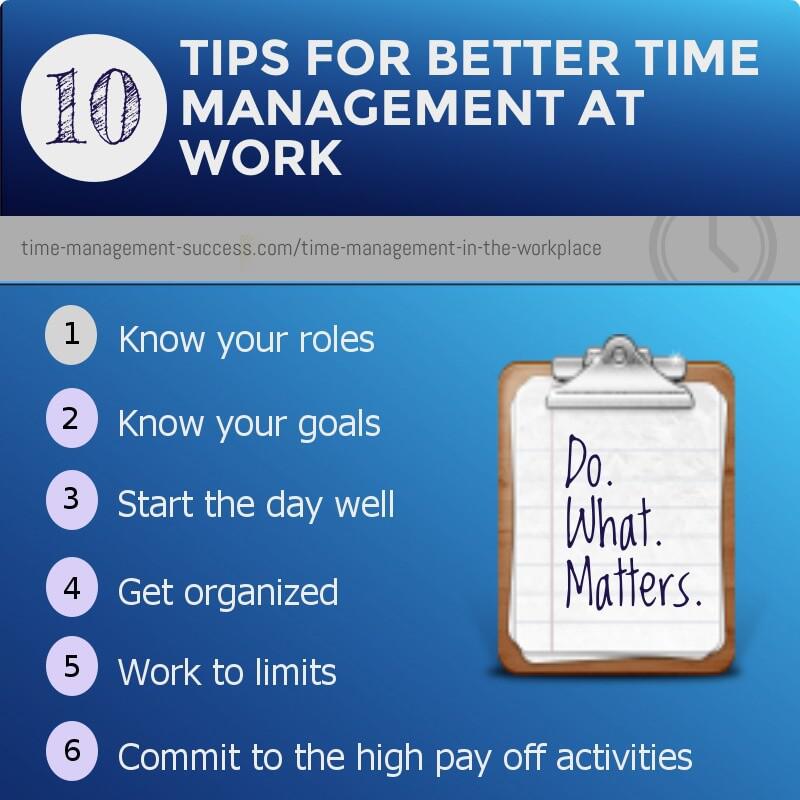Why Effective Time Management is Crucial for Business Success
Effective time management is the backbone of any successful entrepreneurial venture. Without it, businesses can quickly become mired in inefficiency, leading to decreased productivity, increased stress, and lost opportunities. In today’s fast-paced business environment, entrepreneurs must be able to manage their time wisely to stay ahead of the competition and achieve their goals.
Successful entrepreneurial time management is not just about getting more done in less time; it’s about making the most of the time you have to drive business growth and profitability. When entrepreneurs fail to manage their time effectively, they can become bogged down in non-essential tasks, leading to burnout and decreased motivation.
On the other hand, entrepreneurs who prioritize effective time management can enjoy a range of benefits, including increased productivity, improved work-life balance, and enhanced creativity. By focusing on high-priority tasks and minimizing distractions, entrepreneurs can make the most of their time and achieve their business objectives.
Moreover, effective time management is essential for building a strong reputation and establishing trust with clients, customers, and partners. When entrepreneurs are able to deliver high-quality results on time, they demonstrate their reliability and professionalism, which can lead to increased business opportunities and revenue growth.
In addition, successful entrepreneurial time management is critical for adapting to changing market conditions and staying ahead of the competition. By being able to pivot quickly and respond to new opportunities, entrepreneurs can stay ahead of the curve and achieve long-term success.
Overall, effective time management is a critical component of successful entrepreneurship. By prioritizing time management and implementing strategies to optimize productivity, entrepreneurs can achieve their business goals, build a strong reputation, and enjoy long-term success.
How to Prioritize Tasks Like a Pro
Prioritizing tasks is a crucial aspect of successful entrepreneurial time management. By focusing on high-priority tasks, entrepreneurs can drive business growth, increase productivity, and reduce stress. However, with multiple tasks competing for attention, it can be challenging to determine which tasks to prioritize.
One effective way to prioritize tasks is to use the Eisenhower Matrix. This decision-making tool helps entrepreneurs categorize tasks into four quadrants based on their urgency and importance. By focusing on tasks that are both urgent and important, entrepreneurs can maximize their productivity and achieve their goals.
Another popular prioritization technique is the ABCD method. This involves labeling tasks with letters based on their priority level. Tasks labeled “A” are high-priority and must be completed immediately, while tasks labeled “D” are low-priority and can be delegated or eliminated.
The Pomodoro Technique is another effective way to prioritize tasks and boost productivity. This technique involves working in focused 25-minute increments, followed by a five-minute break. By using this technique, entrepreneurs can stay focused, avoid distractions, and complete tasks efficiently.
When prioritizing tasks, it’s essential to consider the impact on business growth. Entrepreneurs should focus on tasks that drive revenue, increase customer engagement, and improve operational efficiency. By prioritizing these tasks, entrepreneurs can create a competitive advantage and achieve long-term success.
In addition to using prioritization techniques, entrepreneurs should also consider their goals and objectives when prioritizing tasks. By aligning tasks with business goals, entrepreneurs can ensure that they are working towards their desired outcomes and making progress towards their vision.
Ultimately, prioritizing tasks is a critical component of successful entrepreneurial time management. By using effective prioritization techniques, entrepreneurs can maximize their productivity, drive business growth, and achieve their goals.
Time Management Tools for Entrepreneurs: A Review of Top Options
With so many time management tools available, it can be overwhelming to choose the right one for your business needs. As an entrepreneur, it’s essential to find a tool that helps you stay organized, focused, and productive. In this section, we’ll review some of the top time management tools for entrepreneurs, including their features, benefits, and drawbacks.
Trello is a popular time management tool that uses a visual board to organize tasks and projects. With Trello, entrepreneurs can create boards, lists, and cards to track progress, assign tasks, and set deadlines. Trello also integrates with other tools, such as Google Drive and Slack, making it a great option for teams.
Asana is another top time management tool that helps entrepreneurs stay organized and focused. With Asana, entrepreneurs can create tasks, projects, and workflows, and assign them to team members. Asana also includes features such as deadlines, reminders, and reporting, making it a great option for businesses of all sizes.
RescueTime is a time management tool that helps entrepreneurs understand how they spend their time. With RescueTime, entrepreneurs can track time spent on tasks, projects, and apps, and receive detailed reports on productivity and time usage. RescueTime also includes features such as alerts and notifications, making it a great option for entrepreneurs who want to stay focused and on track.
When choosing a time management tool, it’s essential to consider your business needs and goals. Ask yourself questions such as: What features do I need to stay organized and focused? Do I need a tool that integrates with other tools and apps? What is my budget for a time management tool?
Ultimately, the right time management tool can help entrepreneurs achieve successful entrepreneurial time management. By choosing a tool that meets your business needs and goals, you can stay organized, focused, and productive, and achieve your goals.
In addition to using time management tools, entrepreneurs can also implement other strategies to boost productivity and efficiency. These include using calendars and planners, setting deadlines and reminders, and minimizing distractions. By combining these strategies with the right time management tool, entrepreneurs can achieve successful entrepreneurial time management and drive business growth.
Managing Meetings and Minimizing Distractions
Meetings can be a significant time-suck for entrepreneurs, but they are often necessary for collaboration, communication, and decision-making. To manage meetings effectively, entrepreneurs should focus on scheduling, preparation, and follow-up.
When scheduling meetings, entrepreneurs should aim to minimize the number of meetings and ensure that each meeting has a clear purpose and agenda. This can help prevent unnecessary meetings and ensure that all attendees are prepared and focused.
Preparation is also key to successful meetings. Entrepreneurs should ensure that all attendees have the necessary information and materials before the meeting, and that the meeting is structured to achieve its purpose.
Follow-up is also crucial after meetings. Entrepreneurs should ensure that all action items are assigned and tracked, and that progress is reviewed and discussed at future meetings.
In addition to managing meetings, entrepreneurs should also focus on minimizing distractions. This can include strategies such as email management, social media blocking, and creating a conducive work environment.
Email management is a critical aspect of minimizing distractions. Entrepreneurs should aim to check their email only at specific times of the day, and avoid checking email during meetings or when working on focused tasks.
Social media blocking is also an effective way to minimize distractions. Entrepreneurs can use tools such as website blockers or phone apps to block social media sites during certain times of the day or when working on focused tasks.
Creating a conducive work environment is also essential for minimizing distractions. Entrepreneurs should aim to create a workspace that is quiet, comfortable, and free from distractions, and that allows them to focus on their work.
By managing meetings and minimizing distractions, entrepreneurs can free up time and energy to focus on high-leverage activities that drive business growth. This can help entrepreneurs achieve successful entrepreneurial time management and achieve their goals.
Ultimately, effective time management is about creating a system that works for you and your business. By implementing strategies such as meeting management and distraction minimization, entrepreneurs can create a system that helps them stay focused, productive, and successful.
Delegation and Outsourcing: Freeing Up Time for High-Leverage Activities
Delegation and outsourcing are essential components of successful entrepreneurial time management. By delegating tasks and outsourcing responsibilities, entrepreneurs can free up time and energy to focus on high-leverage activities that drive business growth.
Identifying tasks that can be delegated is the first step in effective delegation. Entrepreneurs should focus on tasks that are repetitive, time-consuming, or outside of their expertise. These tasks can be delegated to employees, freelancers, or virtual assistants, allowing entrepreneurs to focus on high-priority tasks.
Finding the right freelancers or employees is also crucial for effective delegation. Entrepreneurs should look for individuals who are skilled, reliable, and able to work independently. This can include hiring virtual assistants, freelancers, or full-time employees, depending on the needs of the business.
Managing virtual teams is also an important aspect of delegation and outsourcing. Entrepreneurs should establish clear communication channels, set clear expectations, and provide regular feedback to ensure that virtual teams are working effectively.
Outsourcing is also an effective way to free up time and energy for high-leverage activities. Entrepreneurs can outsource tasks such as bookkeeping, marketing, and web development to specialized companies or freelancers. This can help entrepreneurs focus on core business activities and reduce the risk of burnout.
By delegating tasks and outsourcing responsibilities, entrepreneurs can achieve successful entrepreneurial time management and drive business growth. This can include increasing productivity, reducing stress, and improving work-life balance.
Ultimately, effective delegation and outsourcing require a clear understanding of the business and its needs. Entrepreneurs should focus on identifying tasks that can be delegated, finding the right freelancers or employees, and managing virtual teams to achieve successful entrepreneurial time management.
Setting Boundaries and Maintaining Work-Life Balance
Setting boundaries and maintaining a healthy work-life balance is essential for successful entrepreneurial time management. Without clear boundaries, entrepreneurs can easily become overwhelmed and burned out, leading to decreased productivity and increased stress.
Communicating with clients, colleagues, and family members is critical for setting boundaries. Entrepreneurs should establish clear expectations and boundaries around their work hours, availability, and communication channels. This can include setting specific work hours, creating a separate workspace, and establishing a clear communication plan.
Self-care and stress management are also essential for maintaining a healthy work-life balance. Entrepreneurs should prioritize activities that promote relaxation and stress reduction, such as exercise, meditation, and spending time with loved ones. By prioritizing self-care, entrepreneurs can reduce stress and increase their overall well-being.
Strategies for maintaining a healthy work-life balance include setting clear boundaries, prioritizing self-care, and establishing a routine. Entrepreneurs should aim to create a routine that includes time for work, rest, and play, and prioritize activities that promote relaxation and stress reduction.
By setting boundaries and maintaining a healthy work-life balance, entrepreneurs can achieve successful entrepreneurial time management and reduce the risk of burnout. This can include increasing productivity, reducing stress, and improving overall well-being.
Ultimately, setting boundaries and maintaining a healthy work-life balance requires a clear understanding of one’s needs and priorities. Entrepreneurs should prioritize self-care, establish clear boundaries, and create a routine that promotes relaxation and stress reduction to achieve successful entrepreneurial time management.
Time Management for Different Entrepreneurial Personality Types
Every entrepreneur is unique, with their own strengths, weaknesses, and personality traits. When it comes to time management, it’s essential to consider these differences and adapt strategies to suit individual needs and preferences.
Introverts, for example, tend to be more reserved and may prefer quieter, more low-key work environments. They may benefit from time management strategies that involve solo work, such as the Pomodoro Technique, and may prefer to schedule meetings and collaborations in advance to minimize distractions.
Extroverts, on the other hand, tend to be more outgoing and may thrive in busy, dynamic work environments. They may benefit from time management strategies that involve collaboration and teamwork, such as delegating tasks to others or working in a shared workspace.
Other personality types, such as Type A and Type B personalities, may also require different time management approaches. Type A personalities tend to be more driven and competitive, and may benefit from time management strategies that involve setting clear goals and deadlines, while Type B personalities tend to be more relaxed and may benefit from time management strategies that involve flexibility and adaptability.
By understanding individual personality types and adapting time management strategies accordingly, entrepreneurs can optimize their productivity and achieve successful entrepreneurial time management.
It’s also important to note that personality types can influence time management habits, such as procrastination or perfectionism. By recognizing these habits and adapting time management strategies to overcome them, entrepreneurs can achieve greater success and productivity.
Ultimately, effective time management is about finding a system that works for each individual entrepreneur, taking into account their unique personality, strengths, and weaknesses. By adapting time management strategies to suit individual needs and preferences, entrepreneurs can achieve successful entrepreneurial time management and drive business growth.
Putting it All Together: Creating a Customized Time Management Plan
Creating a customized time management plan is essential for achieving successful entrepreneurial time management. By following these steps, entrepreneurs can create a personalized plan that meets their unique needs and goals.
Step 1: Set Clear Goals
Start by setting clear goals for your business and personal life. What are your priorities? What do you want to achieve in the next quarter? Write down your goals and make them specific, measurable, achievable, relevant, and time-bound (SMART).
Step 2: Identify Time-Wasting Habits
Identify your time-wasting habits and eliminate them. Do you spend too much time on social media? Do you procrastinate on important tasks? Make a list of your time-wasting habits and create a plan to overcome them.
Step 3: Implement New Habits and Tools
Implement new habits and tools to help you manage your time more effectively. This may include using a project management tool, setting reminders, or creating a schedule. Experiment with different tools and habits until you find what works best for you.
Step 4: Prioritize Tasks
Prioritize your tasks using the Eisenhower Matrix, the ABCD method, or the Pomodoro Technique. Focus on high-priority tasks that drive business growth and delegate or eliminate low-priority tasks.
Step 5: Review and Adjust
Review your time management plan regularly and adjust as needed. Life is unpredictable, and your plan may need to change to accommodate new circumstances. Be flexible and willing to make changes to ensure your plan remains effective.
By following these steps, entrepreneurs can create a customized time management plan that helps them achieve successful entrepreneurial time management. Remember to be patient, flexible, and willing to make changes as needed.





.jpg)


